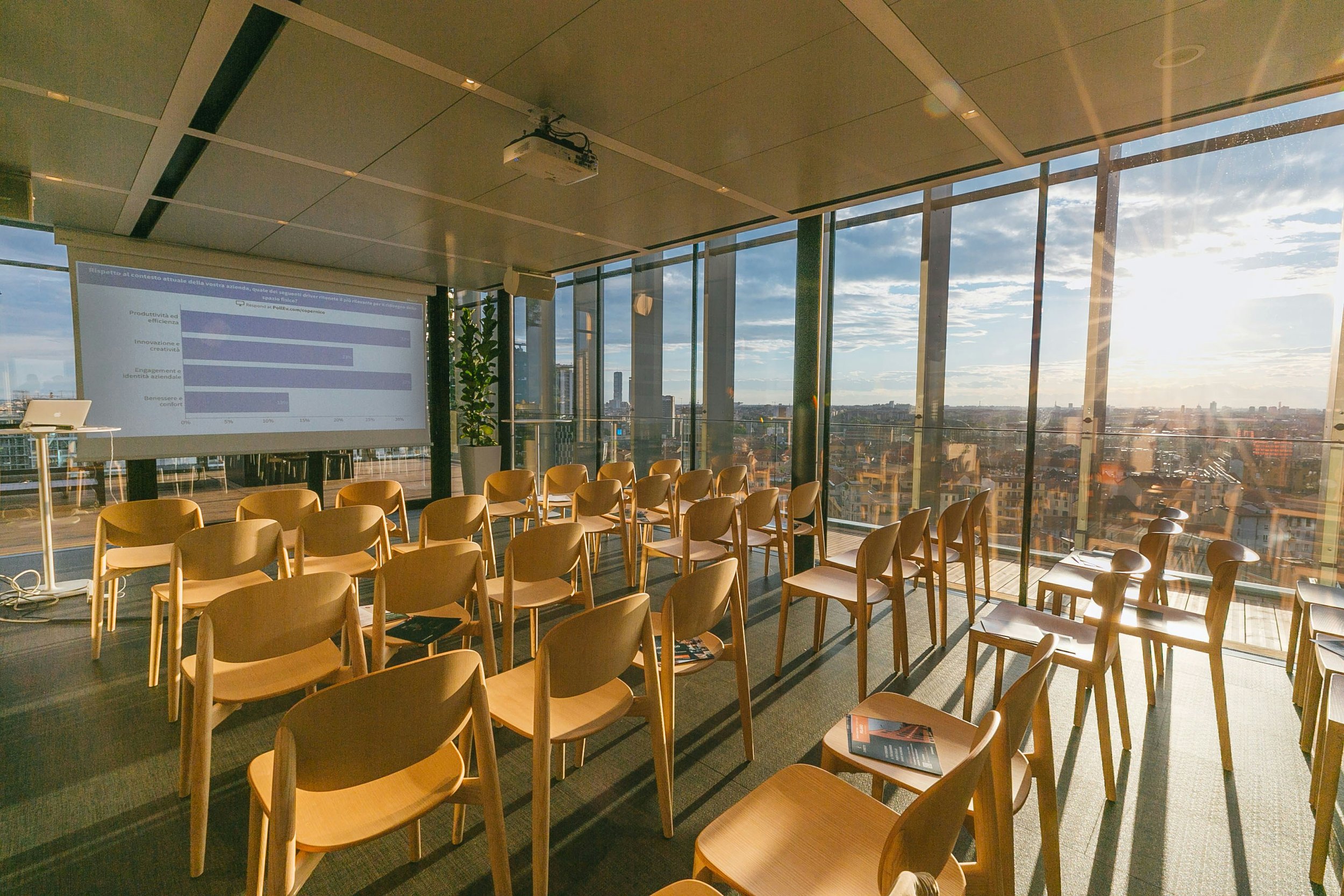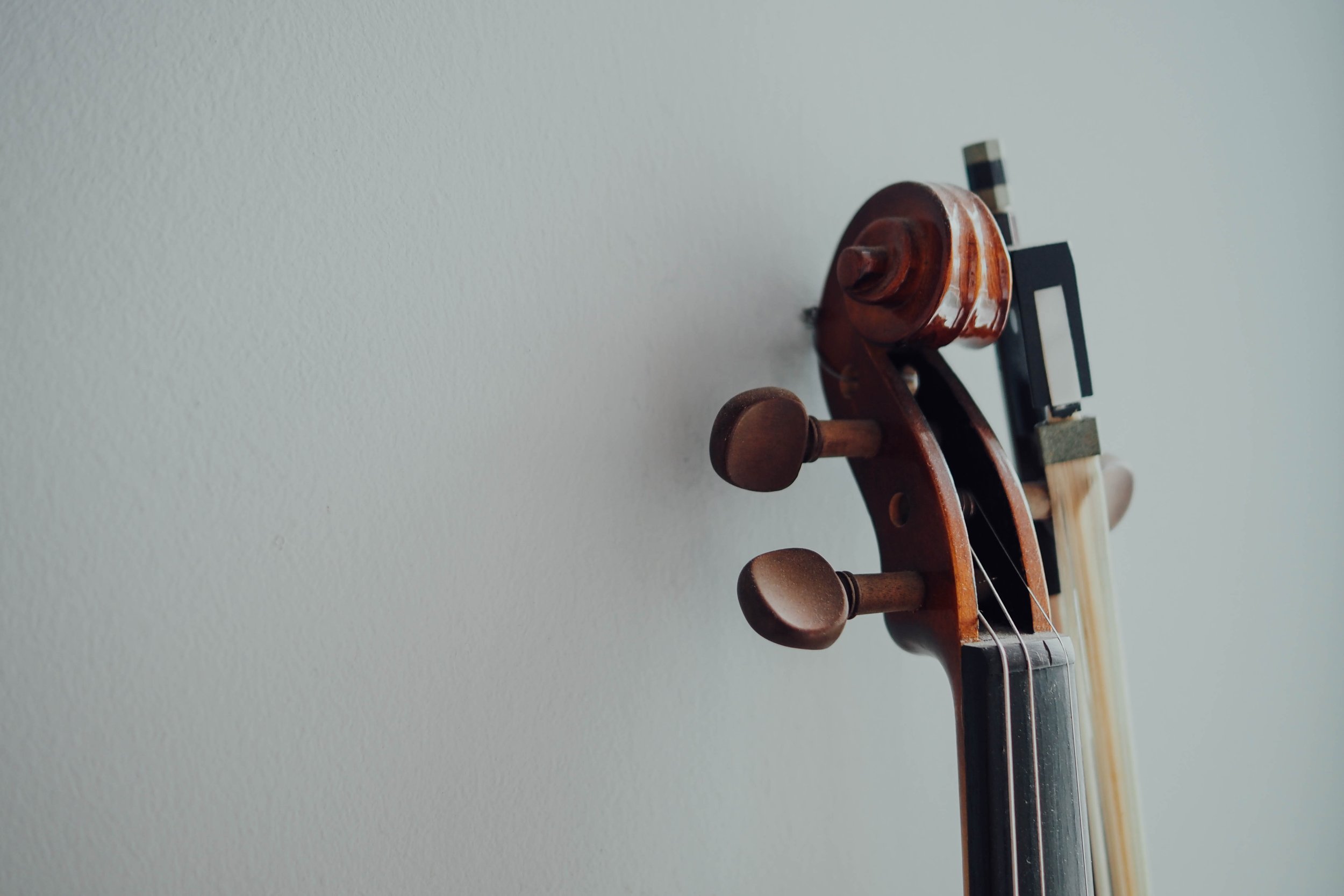Our Work
Our work showcases the research and insights of our remarkable community. Share your work with ASO by collaborating here. Subscribe to our free newsletter by clicking here.

Rethinking The Science of Muscle Tone - Part II
In this episode, ASO team member Erica Donnison continues her conversation with Dr. Tim Cacciatore, co-author of the open-access paper Central Mechanisms of Muscle Tone Regulation. Tim explores how these findings connect to key concepts in Alexander Technique teaching. A must-watch for teachers, trainees, and students. Paper linked in the article.

Rethinking The Science of Muscle Tone
In our 50th episode, Erica Donnison interviews Dr. Tim Cacciatore on muscle tone regulation, its role in balance, pain, and performance, and its significance for AT practitioners and clinicians. He addresses misconceptions about the reflex model and highlights how modern neuroscience advances our understanding of AT. Stay tuned for Part II. The paper linked here is open-access.

Bridging Practice and Research: Insights for Alexander Technique from Acupuncture Care and Research
In Episode 49, we explore the intersection of practice and research with Mandy Brass, MSc, a Traditional Chinese Medicine acupuncture practitioner. Mandy shares insights from her service evaluation at Dimbleby Cancer Care, an integrative oncology center in London. Using self-report measures, she captured her patients' experiences, offering valuable lessons for Alexander Technique teachers seeking to integrate research into their professional development.

ASO Annual Review - 2024 Alexander Technique Research & Insights
In our 48th newsletter we release our annual review. Discover a summary of this year’s look into Alexander Technique research, including its impact on pain management, caregiving, musical education, embodied learning, and more. Explore interviews, studies, and insights that highlight the profound influence of AT across disciplines.

Capturing Experience: Exploring Self-Report Measures in Alexander Technique Research
In Episode 47 we release a podcast style discussion with members of the Society of Teachers of the Alexander Technique (STAT) Research Group as they explore the use of self-report outcome measures in AT research. Widely used in research and healthcare, these tools allow individuals to share personal insights on their experiences and health. Join us for an insightful listen into how these measures can deepen our understanding of the Alexander Technique.

Exploring the Wisdom of Senior Teachers: Ruth Rootberg on 'Living the Alexander Technique’
This month, Lesley Glover interviews Ruth Rootberg, author of Living the Alexander Technique, discussing her insights from senior teachers on aging with poise. Rootberg shares her approach to the project and wisdom garnered on practicing the Alexander Technique through later stages of life, with reflections on ongoing self-work and growth.

Putting the body back into prayer
This month we explore the spiritual dimension of the Alexander Technique (AT) through an insightful interview with Dr. Jennifer Fox Eades, an AT teacher, ordained priest, and third-order Franciscan. In the discussion, Jennifer talks about elements of Franciscan thinking and practice and how these relate to her AT practice as explored in her new book, Embodying Prayer: Exploring Franciscan Spirituality with the Alexander Technique.

Time as an element in the curriculum at The Royal College of Music
This month we release an article by Judith Kleinman exploring the evolution of Alexander Technique (AT) at the Royal College of Music (RCM), focusing on Time as a crucial element in student learning. Integrated into RCM's degree programs and available as individual lessons, AT has been offered since the 1960s, with group classes starting in 1991. The curriculum has evolved gradually through observation, analysis, and iteration. Emphasizing Time enhances students' understanding of presence, reaction, and time flow, vital for musical performance and personal development.

Part II - How can learning and using the Alexander Technique enable us to reduce and better manage chronic pain?
This month, we release part II of a conversation with researchers and Alexander teachers Mari Hodges and Tim Cacciatore, as they discuss their recent work on pain with Julia Woodman. They continue to explore the shift from a bio-medical to a bio-psycho-social model of pain, delve into potential mechanisms for pain reduction observed in research participants, and discuss future research plans.

How can learning and using the Alexander Technique enable us to reduce and better manage chronic pain?
In our 42nd ASO newsletter, researchers and Alexander teachers, Mari Hodges and Tim Cacciatore talk with Julia Woodman about their recent work on pain. They relate the revolution in pain science – from a bio-medical to a bio-psycho-social model – to how Alexander teachers can use this knowledge when working with people living with chronic (persistent) pain. This is the first of a two-part interview-based post.

In Conversation: Regina Stratil's Path to Uncovering Irene Tasker's Story
In the 41st edition, Malcolm Williamson engages in dialogue with Regina Stratil, the author of the book "Irene Tasker - Her Life and Work with the Alexander Technique." The conversation delves into Stratil’s journey in researching and writing the book, shedding light on her research and compositional process. She shares insights into Tasker's life and contributions, highlighting the significance of this important figure within the historical tapestry of the Alexander Technique.

How Alexander Technique lessons can help family carers - Part II
In the second part of this two-part series, Monika Gross elaborates on communicating research findings into how Alexander Technique lessons can assist caregivers for individuals living with Parkinson’s, Dementia, and other medical conditions. Additionally, a copy of a podium presentation delivered at the 2023 European Alzheimer’s Conference is provided.

Partnering with Poise – Research into how Alexander Technique lessons can help family carers
In this 39th edition, we delve into new research on how Alexander Technique (AT) lessons can help people who are a Care Giver or Care Partner for someone living with Parkinson’s, Dementia or other medical conditions. Monika Gross from The Poise Project shares insights from recent research undertaken with the University of Idaho on both in-person and online AT courses. This first part of a two-part series outlines the research background, significant outcomes, and the real need for AT to support carers in this field.

Opera and Alexander Technique: What are the connections?
This month we explore the unique challenges that opera places on the human voice as we delve into connections between Opera and the Alexander Technique (AT). Led by Gabriella Minnes Brandes, six video clips and written text explore research, process, practice, and performance in real-time with opera singers Shana White and Brittany St. Claire. Join us for this insightful journey and the open intersection of worlds in which AT supports sound quality, embodied awareness, and dynamic performance.

An Interview with Monika Gross: Alexander Technique Research & Collaboration
Welcome to the 34th edition of the ASO newsletter. In this issue, we feature an illuminating interview with Monika Gross (The Poise Project) that revolves around crucial aspects such as bridging communication gaps between the Alexander Technique and other fields, amplifying public awareness of the profession, and establishing meaningful connections with research groups and healthcare practitioners.

Why research the Alexander Technique?
This month, ASO (Alexander Studies Online) introduces its first podcast-style post titled "Why research the Alexander Technique?" Join us for a discussion with the members of the Society of Teachers of the Alexander Technique Research Group (SRG) as they explore how curiosity, challenges, and practical insights from research on AT can relate to one's personal explorations and practice.

Is it time to take stock of Alexander Teacher education? Research offers the means whereby.
Technological advances combined with the Covid-19 pandemic have brought about new practices in AT teaching and teacher education that were unimaginable only a few years ago. This month we release three videos in which Terry Fitzgerald PhD, MAusSTAT shares his insights and thoughts on Alexander Technique teacher training informed by his 2007 doctoral thesis that examined AT teacher education in the first decade of the millennium.

A Technique for Musicians
This month we release a paper written specifically for ASO by Malcolm Williamson (MSTAT). Malcolm played the viola professionally for over twenty years and draws on his extensive knowledge of the writings of F.M. Alexander and others to share his insights from working with students at the Royal Northern College of Music and professional musicians.
“By ‘sticking to principle’, as we say, we gradually and surely develop new ways of being true to ourselves, responding each time in ways that (re-)affirm the integrity of you as a person.”

Looking both ways: A new teacher’s perspective on uncertainty
For the 10th edition of the ASO blog we are posting an article by Polly Waterfield MSTAT, written in 2006 and originally published in the journal Conscious Control. Composed in the space between completing her Alexander Technique teacher training and being on the cusp of starting out in her teaching practice, the article articulates a personal exploration of her lived experience as she moves into the world of a graduated teacher.

Learning from People Living with Parkinson’s Disease: Ten tips from the field
In this 4th edition of the ASO newsletter, we have another piece written specifically for the ASO Community, this time by Glenna Batson ScD, PT, MA, mAmSAT, ISATT. In the post below, Glenna shares her experiences of working with people living with Parkinson’s disease, taking us through her initial trepidation and how she found her way. She offers tips for teachers working with people living with Parkinson’s that arose from applying her knowledge and experience from her own research background and from working with people with various neurological challenges.
Categories
Tag Cloud
- 2023
- aging
- Alexander Technique and Pain
- Alexander Technique Literature
- Annual review
- Annual review 2024
- ATEAM Trial
- ATLAS Trial
- Back Pain
- Back pain
- books
- Books
- Breathing
- Caregivers
- chronic pain
- compassion
- Curriculum
- Dance
- Dementia
- Disciplined Inquiry
- Education
- Embodiment
- Health Outcomes
- interviews
- Lived experience
- Motor Control
- Muscle Tone
- Musicians
- Neck Pain
- Neuroscience
- Opera
- outcome measures
- Pain management
- pain research
- Parkinson's Disease
- Performing arts
- Pilot Study
- podcast
- poise
- Postpartum
- Posture
- Scientific Research
- Self-care
- Self-efficacy
- self-report measures
- Spirituality
- Teacher Training
- Teaching
- Theoretical Research
- Voice
- Wellness
- Women